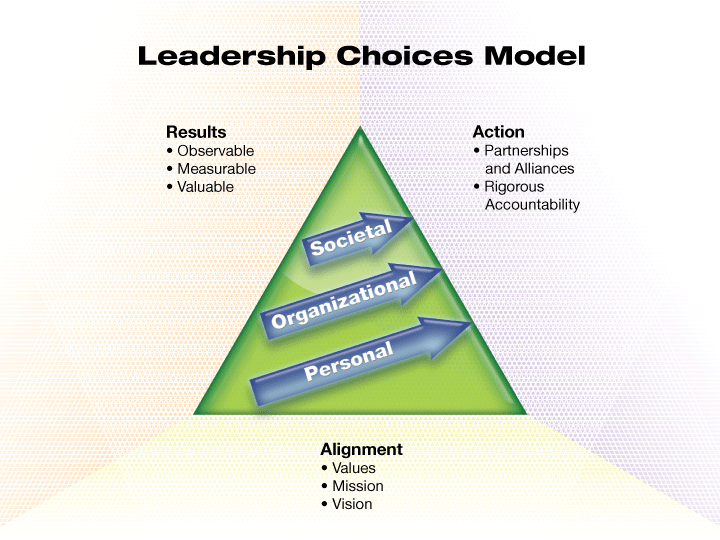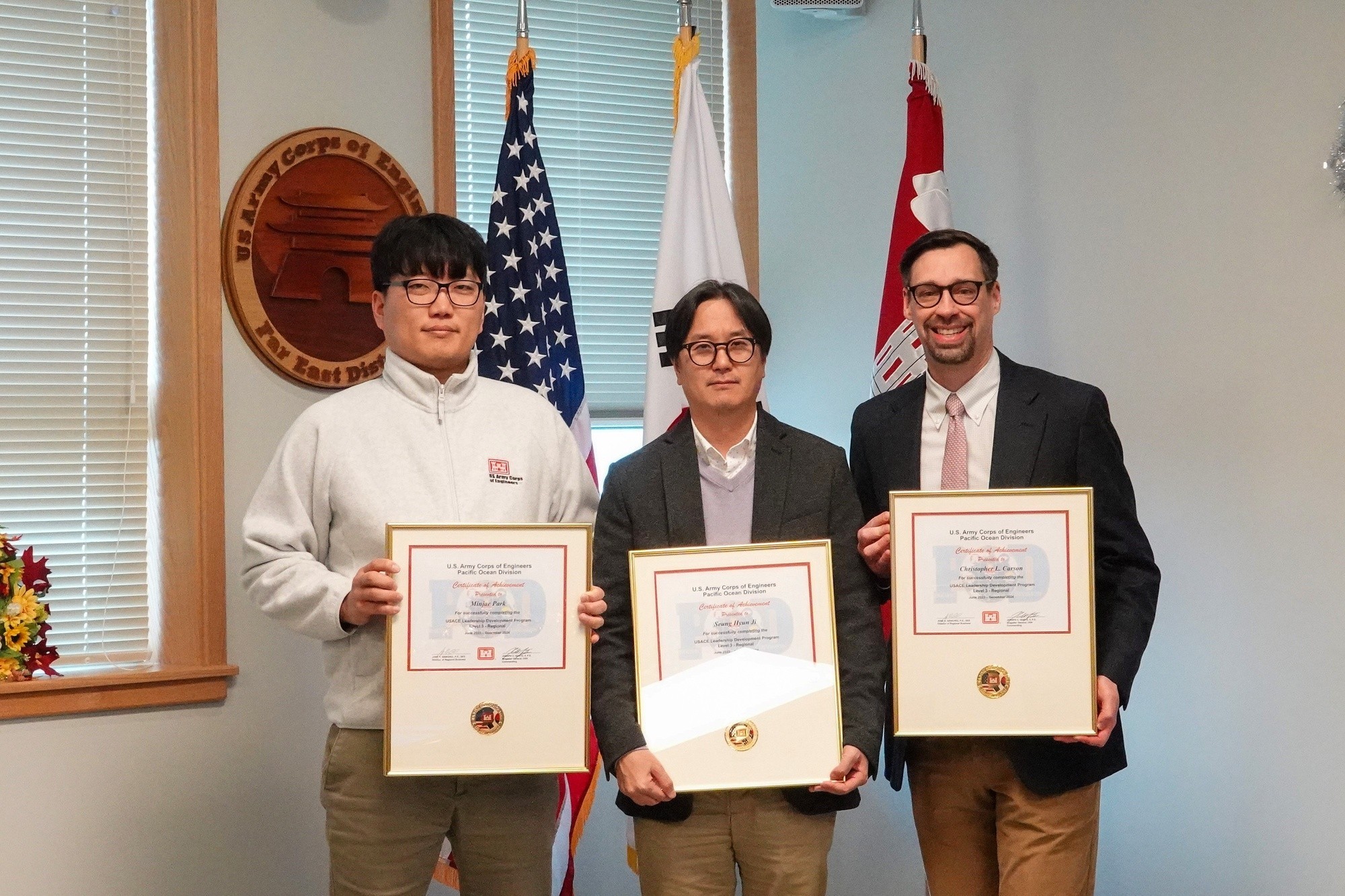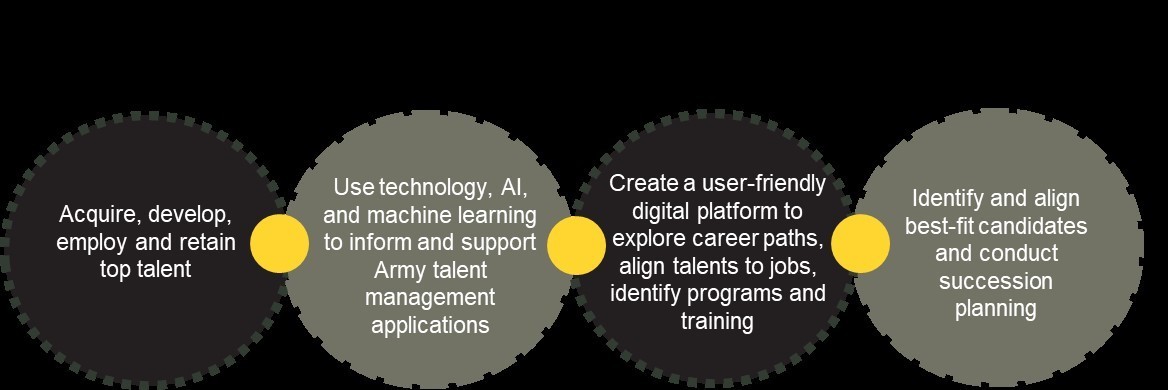
In our busy world, skilled professionals are in high demand, and talent development courses are key to moving up in your career. Did you know companies that focus on employee growth see a 24% higher profit margin than those that don't? That's quite a difference! Whether you're aiming for the top or just starting out, picking the right course is important. But with so many choices, how do you find the one that fits your goals? In this guide, we'll look at what these courses offer and how to choose the best one for you. We'll share real-life examples and talk about how technology is shaping learning today. So, let's get started on finding the best path for your growth!
Summary: Este artículo describe los cursos de desarrollo de talento, los criterios para su selección, consideraciones prácticas, ejemplos de uso y el papel de la tecnología en el desarrollo del talento. También incluye una sección de preguntas frecuentes sobre el tema.
Defining Talent Development Courses
Understanding Talent Development Concepts
Talent development focuses on fostering employee growth in alignment with company goals. It's about identifying employees' strengths and aspirations, and then equipping them with the necessary tools and knowledge. Think of it as a strategic plan that bridges current capabilities with future ambitions.
The approach involves using various methods, tools, events, and people to cultivate a culture of continuous learning and growth. The aim is to align employees' learning desires with the company's needs, ensuring mutual benefit. This involves:
- Setting business goals
- Identifying required skills
- Mapping out professional growth pathways

Unlike the broader scope of talent management, talent development specifically hones in on enhancing employees' skills. For instance, a company might initiate mentorship and coaching programs, offer courses, and collaborate with employees to set goals that align with the company's objectives.
Types of Talent Development Courses
Effective Mentoring Programs
Mentoring programs enable employees to learn from experienced colleagues. These programs help transfer crucial knowledge, enhance skills, and foster a sense of belonging. They are essential for building a well-informed and cohesive team.

Sponsorship Opportunities for Growth
Sponsorship programs focus on advancing employees by providing opportunities for visibility and leadership roles. They promote diversity and help cultivate a pool of talented individuals ready to assume leadership positions, ensuring the company has capable leaders for the future.
Cross-Training for Skill Enhancement
Cross-training allows employees to gain experience in roles outside their usual responsibilities. This approach enhances adaptability, breaks down departmental silos, and fosters teamwork and innovation. It's vital for developing a versatile and resilient workforce.
Structured Talent Development Programs
These courses encompass formal training, leadership development, and experiential learning. They may include:
- Online courses
- Mobile learning
- Short lessons
- Workshops
- Webinars
Such programs ensure equitable access to learning and skill development essential for the company's success. Companies often blend online leadership training, mentorship, and cross-training workshops to prepare employees for future leadership roles.
Criteria for Selecting Talent Development Courses
Aligning Learning Outcomes with Career Goals
When selecting a talent development course, it's essential to ensure that the learning outcomes and objectives align with your career aspirations. High-quality courses provide clear outcomes that foster growth in areas such as strategic leadership, recruitment, and talent management.
For example, a talent development executive certificate program might focus on:
- Aligning talent initiatives with business goals
- Enhancing emotional intelligence
- Supporting ethical decision-making
These courses equip you with practical tools to address modern recruitment challenges, such as data-driven hiring and AI integration. These objectives are crucial as they shape the course content to build the skills you aim to develop.

Evaluating Instructor Credibility in Talent Development
The success of a talent development course often relies on the credibility and experience of its instructors. Courses endorsed by reputable organizations like SHRM, HRCI, or prestigious educational institutions generally offer more reliability due to their industry reputation.
Programs that connect you with experienced HR leaders and recruiters provide:
- Valuable mentorship
- Real-world insights
Consider the Eisenhower School's courses as an example. Designed for senior-level DoD civilians, these courses are taught by seasoned faculty, demonstrating strong instructor credibility. Advanced courses often feature instructors with extensive backgrounds in talent management, including those from graduate-level faculties. Additionally, ongoing support, networking, and community engagement are indicators of instructor credibility.
Assessing Course Content and Curriculum Quality
The content and curriculum of a course significantly influence its quality. Exemplary courses blend theory with practice, utilizing:
- Case studies
- Real-world projects
- Research
They cover diverse topics such as strategic talent acquisition, leadership development, emotional intelligence, ethical decision-making, and financial fundamentals. Courses should accommodate different time commitments and budgets, ranging from short courses to multi-month programs.
For instance, a six-month virtual cohort focused on strategic leadership and ethical governance signifies a well-crafted curriculum. A transparent selection process ensures participants are prepared and committed, enhancing the program's quality and impact. It's crucial to verify accreditation by bodies listed in the US Department of Education Accreditation Database to ensure the course is relevant and well-supported.
In summary, selecting the right talent development course involves evaluating learning outcomes, instructor credibility, and curriculum quality. These factors ensure the course aligns with your professional goals and equips you with practical skills for today's evolving workplace.
Practical Considerations for Choosing Talent Development Courses
Cost and Budgeting for Talent Development Courses
When selecting talent development courses, cost is a significant consideration. For example, the Managing in Talent Development Certificate costs $2,445 for members and $2,745 for non-members. If you're considering the ATD Certified Professional in Talent Development (CPTD) exam, the fee is $975 for members and $1,350 for non-members. The Training Industry CPTM track is approximately $3,495. Some programs, such as the Talent Development Executive Certificate, do not list prices upfront, being offered through prestigious institutions like Penn GSE and ATD, which suggests a higher cost.

For new talent development managers, allocating around $2,500 for a certificate like the Managing in Talent Development Certificate can be a strategic investment in building essential leadership skills. It is crucial to weigh these costs against the potential benefits. Additionally, remember to budget for additional expenses such as materials, software, or travel if there is an in-person component. By carefully considering these factors, organizations can make informed decisions about their spending to maximize the value of talent development programs.
Delivery Format and Flexibility in Talent Development Courses
The delivery format of a course can significantly impact its accessibility and usefulness. The Talent Development Executive Certificate is delivered virtually, featuring asynchronous readings and tasks, along with four live Zoom sessions each month. In contrast, the Talent Management Institute course is a four-day, in-person event at the University of North Carolina, emphasizing face-to-face interaction and networking.

For those who prefer self-paced learning, the Certified Learning Strategist (CLS) program by Brandon Hall Group is fully online, making it ideal for independent learners. The Managing in Talent Development Certificate offers live online, in-person, and private training options, providing flexibility to suit individual needs. Senior talent leaders might opt for the Talent Development Executive Certificate to enjoy a blend of self-study and live sessions. Evaluating the formats and flexibility ensures the course aligns with both your learning style and your organization's objectives.
Importance of Accreditation and Certification in Talent Development
Accreditation and certification are critical factors when choosing talent development courses. The Talent Development Executive Certificate is offered by the University of Pennsylvania Graduate School of Education (Penn GSE) and the Association for Talent Development (ATD), both highly regarded institutions in the US. The ATD Certified Professional in Talent Development (CPTD) is a prestigious certification requiring an exam and is well-respected in the industry.
While the Talent Management Institute course, led by HR experts, provides insights into top talent management practices, it does not offer formal certification. The Certified Learning Strategist (CLS) program by Brandon Hall Group is a formal certification covering topics such as design thinking, mentoring, inclusivity, and LMS implementation. For those aspiring to senior leadership roles, the Talent Development Executive Certificate is attractive due to its strong academic and industry endorsement from Penn GSE and ATD. Organizations should consider accreditation and certification options to ensure their investment in talent development results in recognized and esteemed achievements.
Use Cases and Examples of Talent Development Courses
Industry-Specific Talent Development Course Recommendations
If you're in talent development, industry-specific courses can be your ticket to excelling in your field. MAX Technical Training offers over 600 courses, ranging from IT to professional skills. These courses can be taken in-person, live online, or at your own pace, and are tailored for corporate clients in the US.
TRAINSMART provides courses in leadership development, instructional design, IT training, and soft skills, with flexible delivery options. If you want to boost your communication skills, Effective Presentations has you covered with public speaking and presentation skills training, available both in-person and online.
For healthcare professionals, Emory University offers a Health and Wellness Coaching Certificate. This program is a mix of live online and self-paced learning, preparing you for National Board certification in health coaching. Additionally, if you're interested in foundational skills, Amazon's upskilling programs include English language learning and GED courses, plus advanced machine learning classes taught by Amazon scientists.

Case Studies of Successful Talent Development Courses
Some companies are excelling in talent development, boosting both employee growth and company success.
-
Cigna: Their programs focus on mentoring and role rotation across different fields like finance, sales, and tech, helping employees find the best career paths.
-
NBCUniversal: Offers a 12-month internship where participants rotate through various entertainment departments, acquiring skills applicable across industries.
-
Texas Instruments: Their 'make an impact' program provides recent grads with hands-on training and rotational assignments to build diverse skills.
-
Amazon's Career Choice program: This initiative has helped over 8,900 employees earn GEDs and more than 26,000 improve their English skills.
These success stories showcase how strategic talent development can transform careers and enhance organizational capabilities.
Technology's Impact on Talent Development Courses
Introduction to Deepbrain AI and AI Studios Platforms
Deepbrain AI and AI Studios are platforms that aim to transform the way we create content and develop talent through advanced artificial intelligence technologies. By integrating technology into education and workforce development, these platforms enhance the U.S. workforce's competitive edge in a tech-centric economy.
Consider AI Studios as an example. It offers personalized learning and scalable training solutions, crucial for upskilling and reskilling in today's dynamic environment. Learning modules within AI Studios adapt to each individual's skill level, accelerating both development and engagement.
AI-Driven Enhancements in Talent Development Courses
AI is revolutionizing talent development courses by providing personalized, adaptive learning that meets diverse needs and expedites skill-building. The application of AI in U.S. education and workforce training is vital for maintaining a lead in technology and addressing the skills gap.
Organizations utilize AI tools for:
- Hiring processes
- Gaining interview insights
- Facilitating ongoing employee growth

These tools enhance hiring accuracy and retention rates. AI-supported upskilling and reskilling programs are crucial for cultivating a tech-savvy workforce prepared for future job requirements.
High-performance cultures that adopt AI emphasize continuous learning, accountability, and leveraging technology to drive employee growth and success. For instance, a company might employ AI platforms to:
- Assess employee skills
- Recommend personalized training
- Monitor progress
These practices efficiently enhance workforce skills. As demand for tech talent grows, with increasing job postings requiring generative AI skills, the necessity for ongoing learning and talent development becomes evident. This approach is essential to maintaining a competitive edge in our rapidly evolving tech landscape.
FAQs
Measuring Success of Talent Development Programs
To determine the effectiveness of a talent development program, it should align with the company's overall goals and needs. This involves designing learning outcomes with the learner in mind and basing them on solid evidence. Key areas to assess include:
- Impact on leadership skills: Especially for programs aimed at preparing leaders for top roles.

- Communication and company-wide initiatives: Evaluate how these programs influence broader organizational goals.
- Participant engagement: Utilize assessments, role-plays, and interactive discussions to gauge real growth and change.
For instance, a company might measure improvements in leadership skills, the alignment of training results with business goals, and feedback from participants in workshops to determine the program's success.
Ensuring Inclusivity and Diversity in Talent Development
To ensure inclusivity and diversity in talent development programs, companies should integrate these values into program design and leadership training. Key strategies include:
- Promoting diversity and ethics: Incorporate research and leader input on inclusivity to create fair learning experiences.
- Implementing mentoring and design thinking: Programs like the Certified Learning Strategist program help build inclusive talent strategies.

A program might include modules on unconscious bias, fair leadership practices, and mentoring to foster inclusivity and diversity.
Technology's Role in Talent Development Courses
Technology plays a crucial role in enhancing talent development programs by offering flexible learning options, such as:
- Online courses and virtual groups
- Self-paced modules
Utilizing learning technologies increases efficiency and aligns with business goals, making talent development scalable and accessible. For example, a company might implement a blended program combining virtual workshops with self-paced online modules to accommodate different schedules and learning styles, while tracking progress with learning management systems.
The University of Maryland Baltimore County (UMBC) offers a robust Training and Talent Development graduate certificate program, focusing on adult learning theory, needs assessment, and training methods. Programs from Dale Carnegie Training and the Association for Talent Development (ATD) emphasize leadership and communication skills, offering flexible formats for various learning needs. Additionally, the Harvard Division of Continuing Education provides professional development programs that enhance workplace impact, highlighting the role of technology and inclusivity in talent development.